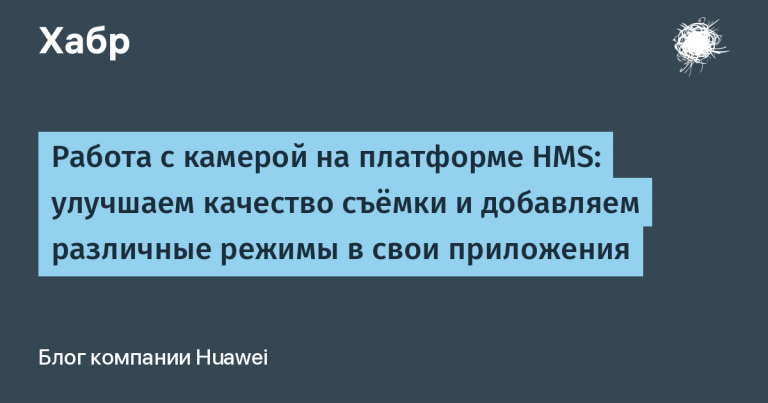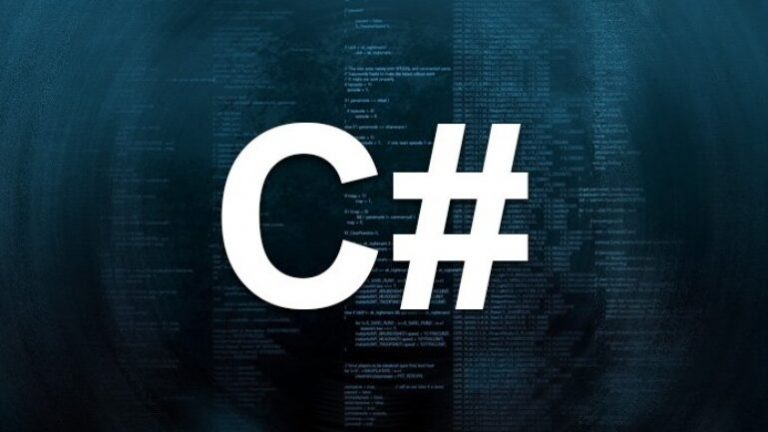The streaming platform that bought the podcast for $ 100 million continues to get rid of its releases
This is, of course, about the Joe Rogan show, and then we will understand the situation in a little more detail. We invite everyone who is interested in what is happening in the world of podcasting and audio content under cat.

What’s happening
Immediately after completion deal with Joe, his podcast came out on Spotify in an exclusive format. However, the service immediately filmed a series of interviews with controversial speakers like conspiracy theorists. Alex Jones and David Seaman… But the matter was not limited to these personalities – the show was deprived of issues with a comedian Owen Benjamin and almost a dozen other guests. All of them, one way or another, have been in the center of scandals, most of them united far-right views and a relatively unconventional occupation. So, an interview with Tommy Chong, a former musician with a rather unusual biography also removed just in case.
Previously Joe sometimes criticized for the choice of guests, citing his desire to demonstrate the positive aspects of dubious characters. But few could have imagined that the deal would lead to “post-moderation” of content, which has already managed to get acquainted with millions of people around the world. At the same time, the other day, the initial cuts were followed by others – the platform got rid of from an interview with a biohacker, immortalist and Bulletproof Coffee founder Dave Asprey. Since 2013, Joe has had several conversations with him, and now they are all inaccessible for listening. Probably, we are talking again about the contradictory statements with the help of which the speaker attracted the attention of the media. The point is that Dave has repeatedly spoke out about experiments on his own body and plans to live up to 180 years.
In addition to the conversation with Asprey, a release recorded on the stage of a California club came under the knife. The ice house… Then comedians participated in the show Al Madrigal and Felicia Michaels, producer Brian Redban and other speakers. But the reasons for eliminating this conversation remain a mystery – as a result, the program became poorer by as much as forty-two episodes.

The streaming platform moderated the content of its library before the situation with Joe’s show. So, in 2018, all the same Alex Jones, the founder of the Infowars project, got it. It was decided to shoot some of the episodes of his show at a time when other platforms, namely YouTube and Facebook, carried out the “attack” on Jones. there is opinionthat the reason was the notorious hate speech content and the corresponding user reviews. However, the one-time nature of such moderation may raise doubts about this version.
The problem is bigger than it seems
Checking audio content is the Achilles heel of popular social media, music services, and new audio platforms. With growth demand to voice streams, conversational programs, voice assistants and background music – such sites have to work hard to begin to comply with the numerous regulations that regulators impose on online content. Take, for example, the ban on incitement to hatred and obscene language. If the latter can still be dealt with by snatching out individual words and phrases, then it will be clearly more difficult to understand the meaning of what has been said. And in general, working with speech recognition technologies will clearly cost more than checking text publications.
The difficulties surrounding this topic are already being discussed in full in the media. how celebrate Journalists The Verge, weekly more than seventeen thousand new podcasts are released on the network, so the problem of automated processing of such an impressive volume of audio cannot but worry the largest platforms. Their only hope for at least some moderation in the current conditions is the feedback and complaints from the listeners. But how shows the experience of the United States, the risk of missing information, to which government agencies may have questions, is getting higher every year. Therefore, it is possible that in the near future we will see further and fairly rapid development of speech recognition technologies in terms of their efficiency and speed of work on an unprecedented scale of audio content. Whether they will be used exclusively for moderation, the future will show, but I would like to hope that this will not be limited, and we will see new projects, mostly aimed at creation.
What else to read in our Hi-Fi World:
Playlist has captured the minds of music publishers and podcasts
Why the podcast industry is becoming more and more like the video streaming market
How to get distracted from the news agenda and relax: podcasts, movies and music can help
We have on Habré: sound design for games and movies, audio networks and background music.





